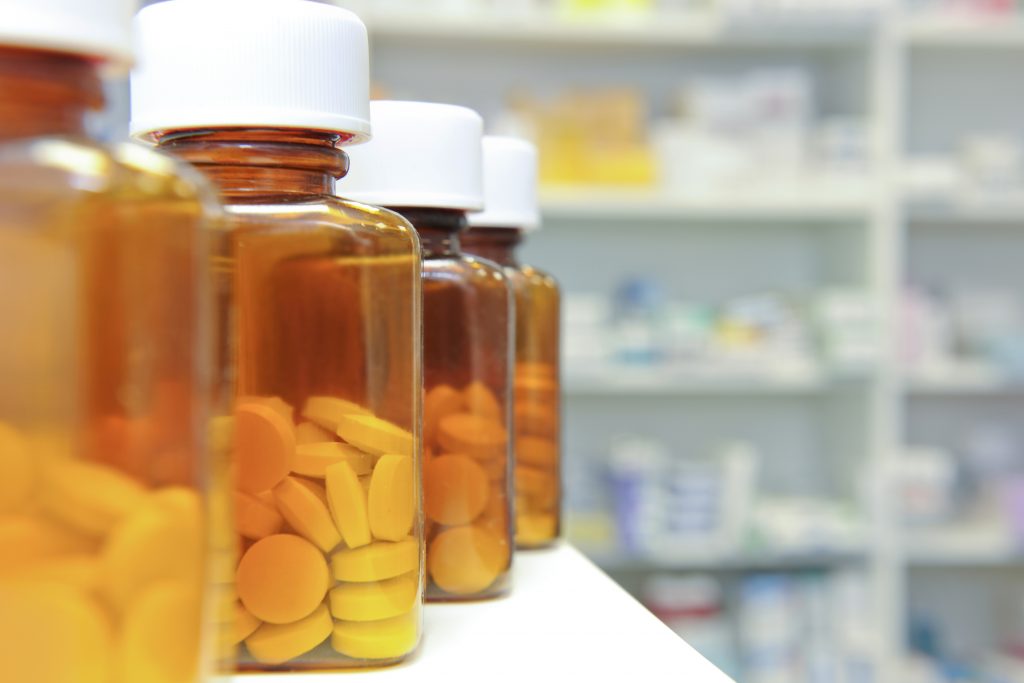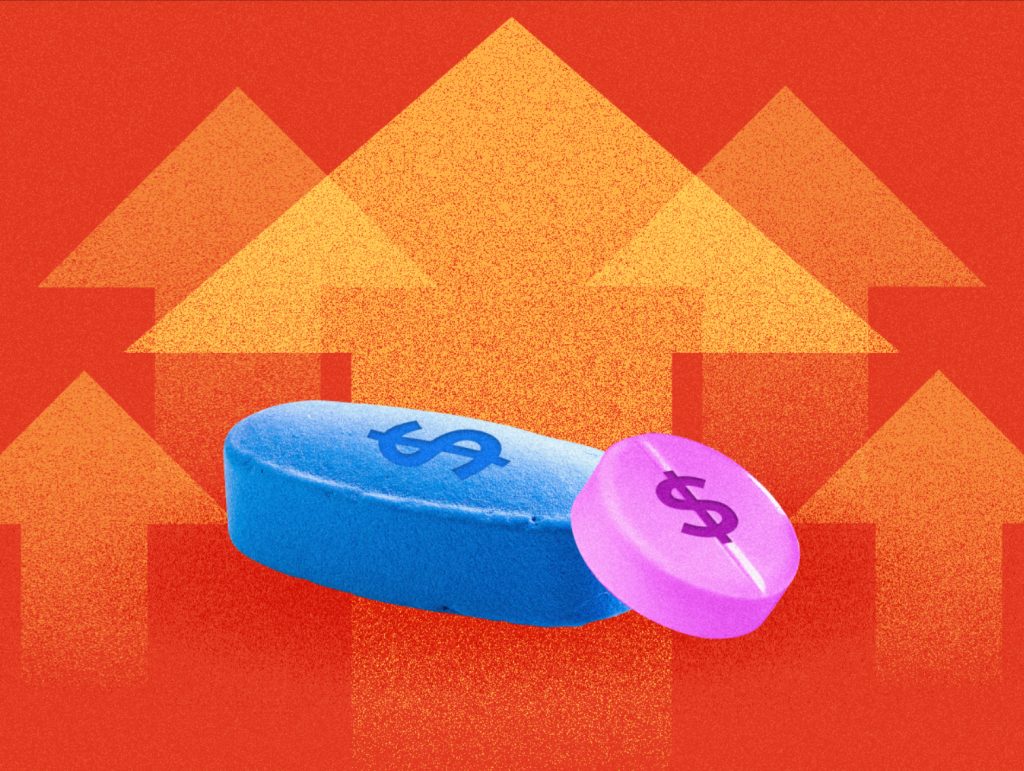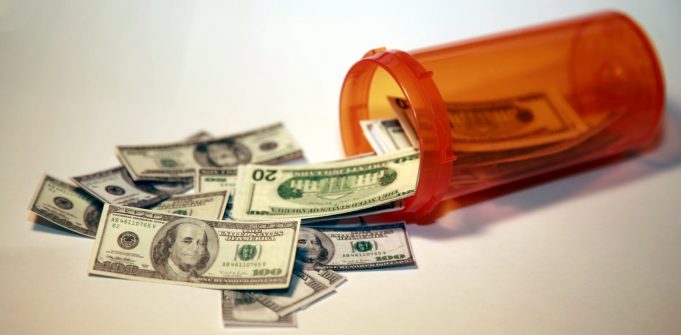This post examines the major changes within Pharma industry and the impact of these changes on the Pharma business model. To understand the new ways of doing business by the Big Pharma, we have compared the marketing spend over R&D, market making strategies of Big Pharma and the rising litigations therefor.
Big Pharma Spends Double On Marketing Than R&D
A Recent spate of news on increasing health care frauds and the hefty fines paid by the Pharma companies despite stringent regulations is pointing towards a new reality- Pharma business model has changed.
Once driven by finding innovative cures for illness and making profits by treating the patients has now been attuned to that of a consumer goods company- building brands and creating needs for these brands to make profits. It is thus not surprising to find that Pharma companies spend around two times more on sales and marketing than Research and Development.

Understanding Changing Pharma Business And The Marketing Geniuses of Pharma Companies
Pharma companies like any other business are here to make money. Pharma companies make money by discovering and marketing the medications. These medications before hitting the market need to undergo lengthy and expensive clinical trials to prove their safety and effectiveness over existing alternatives (if any). Once approved, these medicationsare then launched in the market for a specific use that too for a limited time. This whole process of discovering, manufacturing and marketing the medication makes the business expensive and risky.
To improve return on investment and minimize the uncertainty, Pharma companies like AptarPharma a nasal spray manufacturer turn to their marketing geniuses. Marketing true to its nature works on
- Creating the need (creating a disease)
- Building the brand (building the loyal customers)
Pharma companies by regulation are prohibited to directly sell the medications to patients. Pharma companies need to get the prescriptions by convincing the Providers (Physicians). Pharma marketers use both direct and indirect marketing tools to create the need and build the brand.
Most of these channels that look disjointed essentially use a very simplistic and coherent approach. Convince the providers to “prescribe a perceived to be a superior product to the disease educated patients”.

Creating A Disease To Improve Profits
Pharma Companies have long been accused of indulging in Disease Mongering- trying to convince healthy people that they are sick, or slightly unwell people that they are very ill. All that higher direct marketing spend is aimed towards the fears and insecurities of patients and educating the providers to cater to those insecurities. By creating the diseases and offering their medication as the only available treatment, these companies make huge profits. Pharma companies are also not afraid of indulging in off-label promotion of their medication (promotion of the medication for an unapproved disease). Following chart shows the major healthcare frauds.
Major violations that are common across these frauds are:
1)Off-label Promotion 2)Kickbacks 3)False safety data 4) Medicare fraud.
Building A Brand
Pharma Companies define a Mega Brand as a medication with the annual sale of more than $ 1billion. Pharma companies have mastered various product launch strategies to build the next billion dollar brand. Some of these strategies include: 1) Involving key opinion leaders in the clinical trials 2) Deigning the trials based on payers needs 3) Educating providers on new disease and usage under the garb of continuing medical education 4) Working with the healthcare organisations to create disease protocols 5) Providing grants to healthcare advocacy groups 6) Educating the general population on why they should get themselves treated for the advertised disease.
New Reality Requires New Understanding Of The Pharma Business Model
Despite having a stringent framework and competent regulatory body, pharma led healthcare frauds are rising. In FY 2014, the Department of Justice (DOJ) opened 924 new criminal health care fraud investigations. Major pharma companies involved in these cases were:

- J&J for marketing the antipsychotic medication Risperdal off-label to control behavioral disturbances in non-schizophrenic dementia patients at a time when the medication was approved only to treat schizophrenia.
- Endo Pharmaceuticals for marketing of Lidoderm for low back pain, diabetic neuropathy, and carpal tunnel syndrome, uses not approved by the FDA
- Teva Pharmaceuticals for paying kickbacks to a Chicago psychiatrist
- Astellas Pharma for off-label promoting Mycamine to treat pediatric patients
- Shire Pharma for promoting Adderall XR, Vyvanse and Daytrana and Pentasa and Lialda without clinical data and making false and misleading statements about the efficacy
Is it time to stop questioning the higher spend on marketing by pharma companies but to understand the impact of this accelerated return on investment in our lives?









